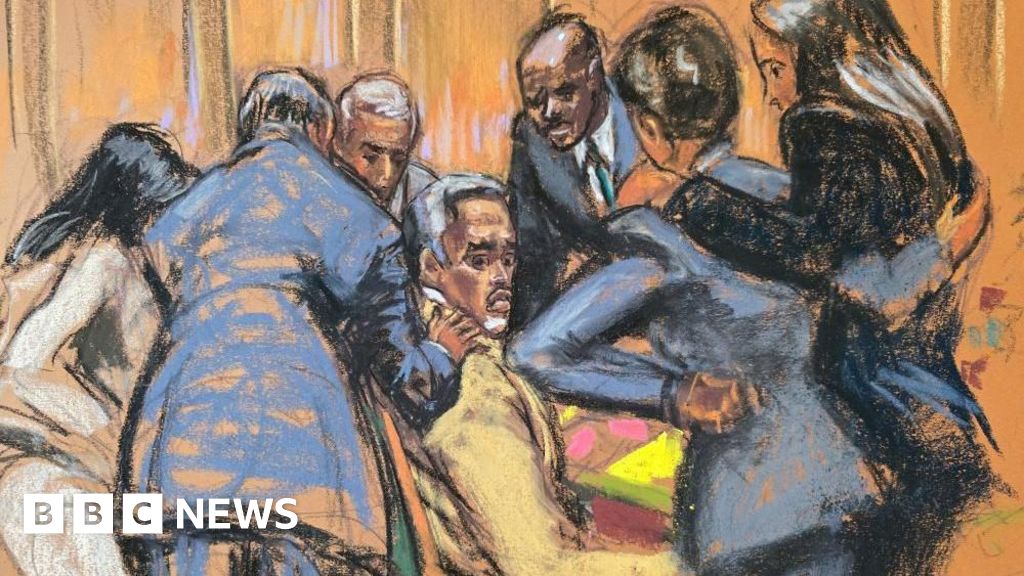When fielding letters from theatregoers bewildered by the titles of David Hare’s 1990 plays Racing Demon and Skylight, the director Richard Eyre told the playwright that in future he should explain them.
Grace Pervades usefully provides an epigraph: “Grace pervades the hussy.” Even so, Hare still requires us to know, or Google, that this line comes from a review of the great actor Ellen Terry, who is portrayed here by Miranda Raison with Ralph Fiennes as her mentor, the senior British theatrical, Henry Irving. “Hussy”, which would these days rightly get a reviewer removed from the Critics’ Circle, referred to her two children “out of wedlock” and her long affair with the married Irving.
Hare feared his temperament too sensitive for the very-public and judged medium of theatre. Grace Pervades, his 32nd full-length play, at the age of 78, is an amused and bemused meditation on why he – and his characters – put themselves through it to the extent that Irving died of an actual coronary very soon after acting one. In what also feels like an autobiographical grace note to Hare’s many state of the nation plays, someone bemoans “the stupid English sense of humour that stops them doing anything.”
The 25 scenes spanning 1878-1966 allow Hare a wry anthology of theatrical attitudes. He can rarely have won a bigger laugh than when Terry delicately suggests Sir Henry might tweak his technique to look at other actors rather than the audience when speaking. Ellen’s son, Edward Gordon Craig, the theatrical equivalent of architects who would rather sketch buildings than erect them, confides, after three years of Moscow rehearsals: “Ideally, we would never open.” Irving’s life is theatre; Terry prefers living. An in-joke has Sir Henry refusing to stage the “ridiculous” As You Like It; Fiennes, in a season as an Irvingesque actor-manager, directs it on this Bath stage next month.

Grace Pervades’ director Jeremy Herrin and designer Bob Crowley smoothly move between multiple locations from Russia via the Cafe Royal to Wolverhampton. There is sometimes the bio-drama fault that everyone is historical: a ballet interlude introduces Isadora Duncan, who’s sleeping with one character, while another laments she has just been “frigged” and dumped by Vita Sackville-West. Such, though, were these circles.
Much as aristocrats in modern period dramas are made to sound less posh than they were to avoid alienating the audience, the actors, in the performance extracts, play down the more histrionic acting style of those times. Although Terry, in a dressing room teasing scene, mimics what Victorians really heard – Irving’s Shylock booming “cut-throat dog” as “cut-thrut dug” – Fiennes finds a vegan alternative to his honeyed ham. This sensibly avoids satirising the hero but also allows Fiennes, a poetic but naturalistic speaker of exceptional clarity, to treat us to flashes of Malvolio, Cardinal Wolsey and Hamlet. Raison’s vignettes as Beatrice and Portia showcase both Terry’s talent and her own.
Irving disapproved of new plays – Fiennes speaks the name of George Bernard Shaw as if it were the period expletive, “Pshaw!” – and so would never have staged Grace Pervades, but it is a work of considerable intelligence and elegance in which he and Terry could have given great pleasure, as does Hare.

 6 hours ago
2
6 hours ago
2










 English (US)
English (US)